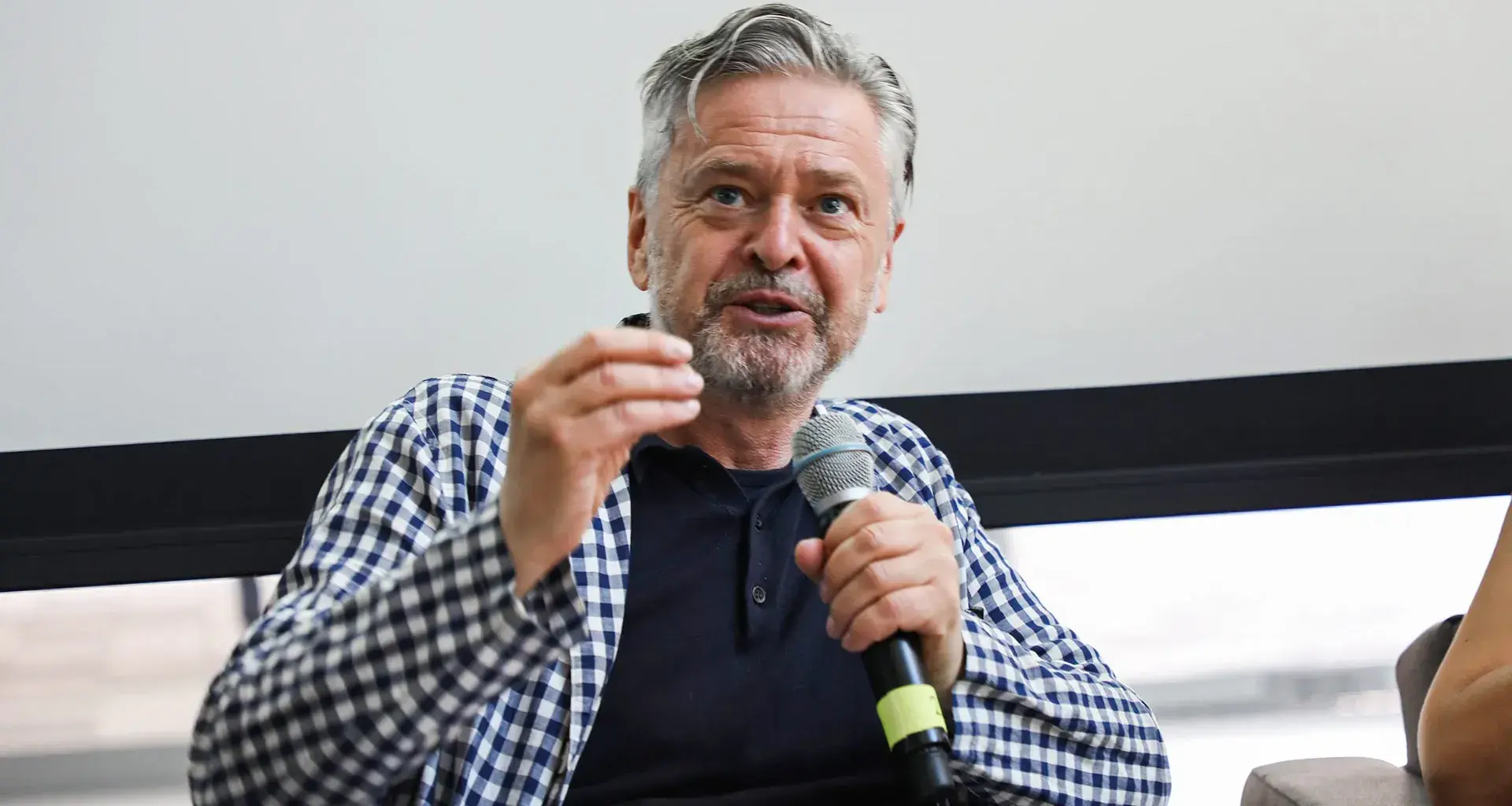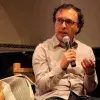When visiting Tec de Monterrey, prominent Scottish urban expert David Sim explained the concept of soft cities and explained that Latin America could be filled with these cities.
Presenting the Spanish translation of his book Soft City, Sim explained that these urban centers are characterized by using small-scale, low-tech, and low-cost solutions to improve people’s quality of life.
“Mexico and Latin America are places with lots of ideas: they’re open to change and it’s an incredible start. People enjoy being outside and have a culture of using public spaces for cultural events and markets, for example,” said Sim at the Monterrey campus.
This book launch included a chat between the author and Enrique de la Madrid, Director of the Center for the Future of Cities; Laura Ballesteros, Monterrey’s Secretary of Sustainable Urban Development; and Rubén Segovía, Director of the Master’s in Architecture and Urban Design at the Tec.
The book was translated by civil association CoRe Ciudades Vivibles y Amables, and addresses challenges to cities such as population density and adapting to climate change.
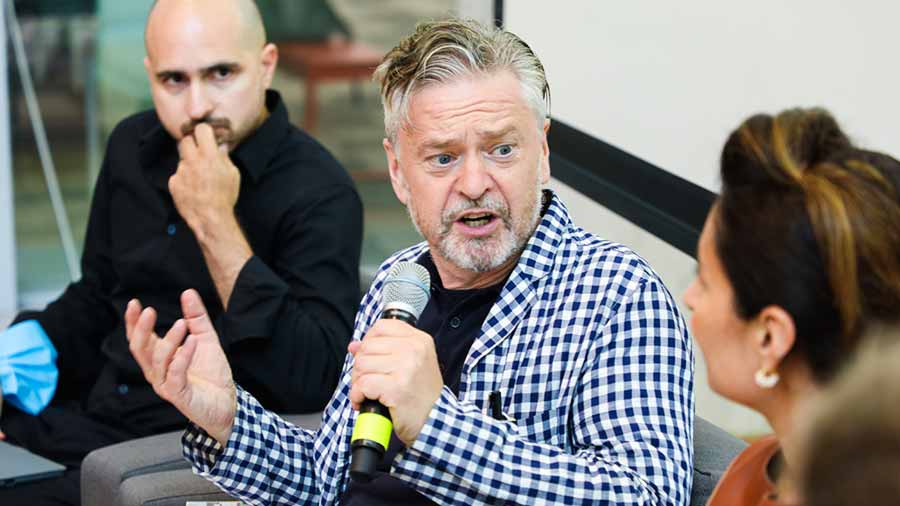
How can you make a city softer?
A soft city is characterized by green spaces which become small lakes during storms to prevent flooding, streets designed for cycling, and buildings overlooking safe spaces for children, Sim explained.
“If you design and build buildings around an empty space you can create a park, a quiet and safe place which becomes a gift to the community.
“It becomes a safe space for children and people’s development,” he said.
These actions make a city softer. It becomes people friendly, adaptable to the climate, sustainable, and it even has more economic revenue.
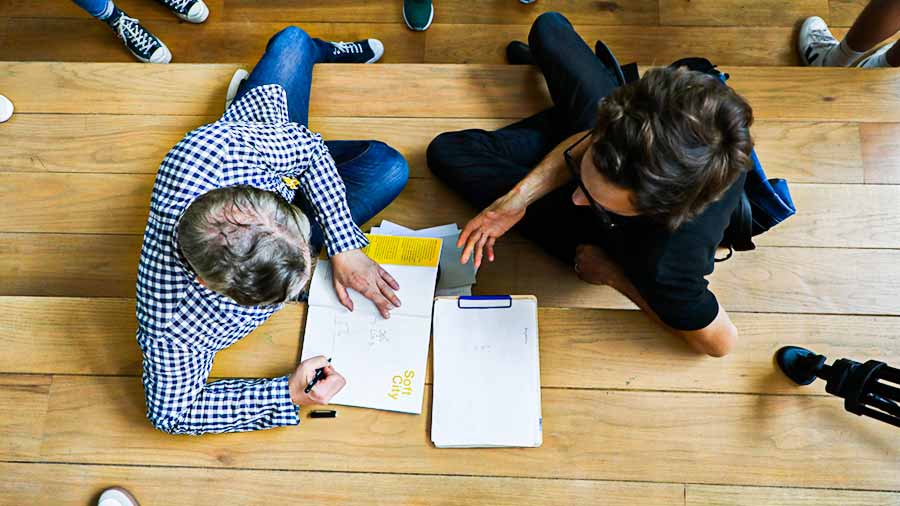
Sim also explained that soft cities seek to reduce the limits of urbanization, prioritizing the creation of blocks which allow their citizens to grow without the need for long-distance travel between cities.
Creating common spaces such as terraces, shared courtyards, and open spaces are some of the improvements which David includes in his book.
Sim spoke with Tec students and staff during his talk at Tec de Monterrey.
“The book ‘Soft City’ has been translated into several languages and, thanks to the generosity of CoRe, Ciudades Vivibles y Amables and their President Blanca del Valle, this fantastic book has now been translated into Spanish,” said Enrique de la Madrid.
Sim gave the example of how it’s been shown that people who use bicycles for transportation spend more money at local businesses, because they can stop instantly, unlike motorists.
“There is an economic benefit, even in that. Even children who walk and use bicycles get better grades than those who are driven,” said Sim.
He added that even architecture can play an important role in creating public spaces which have temperatures lower than that of cities.
“We have to get people out of their cars. We’re living in a totally unsustainable model in which everyone wants things faster, higher, bigger - and it means you lose sight of quality of life.”
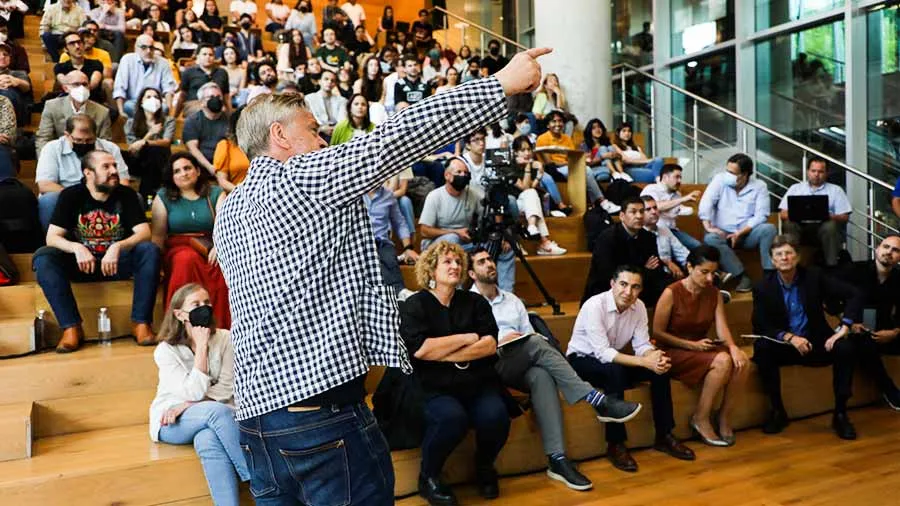
Mexico and Latin America: fertile ground for soft cities
“Do Mexicans respond to this?” asked Sim, before pointing out that in both Mexico and Latin America, there is a predisposition to make use of public spaces.
“There are trees, chairs, food stalls in these areas. Mexicans have a culture of using public spaces.
“One advantage is that you have a good climate: in most cases it’s nice to be outside, and when you’re outside, you have a healthier lifestyle, both physically and mentally,” said Sim.
The stakeholders which Sim mentions must be convinced to create these cities include the developers responsible for building housing, adding that there are even economic benefits.
“It’s cheaper to create this type of city. They’re attractive, add value, and are economical. Barcelona, for example, is one of these cities,” he said.
David Sim added that another challenge facing Mexico and Latin America in this area is the use of cars.
“We have to get people out of their cars. We’re living in a totally unsustainable model in which everyone wants things faster, higher, bigger - and it means you lose sight of quality of life.
“We have to think about cities that are smaller, lower, slower, simpler, and softer,” concluded David Sim.
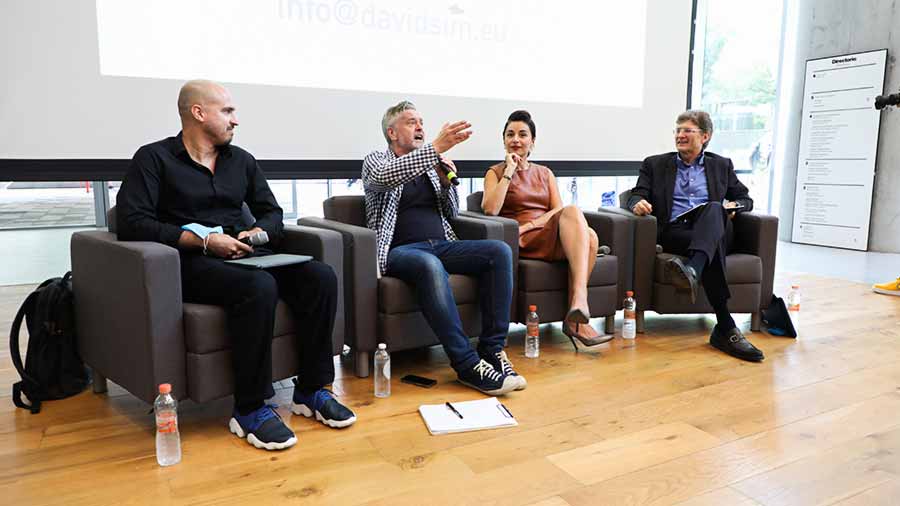
Who is David Sim?
David Sim was a partner and creative director at the international architectural firm Gehl Architects until 2021, responsible for driving much of the company’s urban strategy and master-planning services.
He led projects such as the Christchurch Earthquake Recovery Plan, Melbourne Metro, Urban Strategies for Buenos Aires, Central Tokyo, and Sao Paulo, and Masterplans in Lille, Cologne, and Santiago de Chile.
Sim wrote the book Soft City: Building Density for Everyday Life in 2019, which proposes that the organization and design of the built environment should include improved fluid movement and comfort, a diversity of building types, and careful design in order to ensure a sustainable urban environment.
David gives lectures and teaches masterclasses. Today, he fulfils the role of Urban Expert on selected Gehl projects.
READ MORE:

